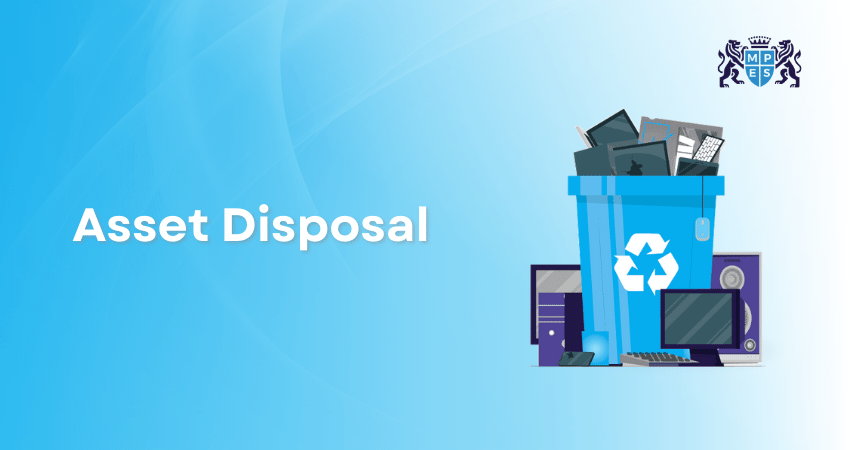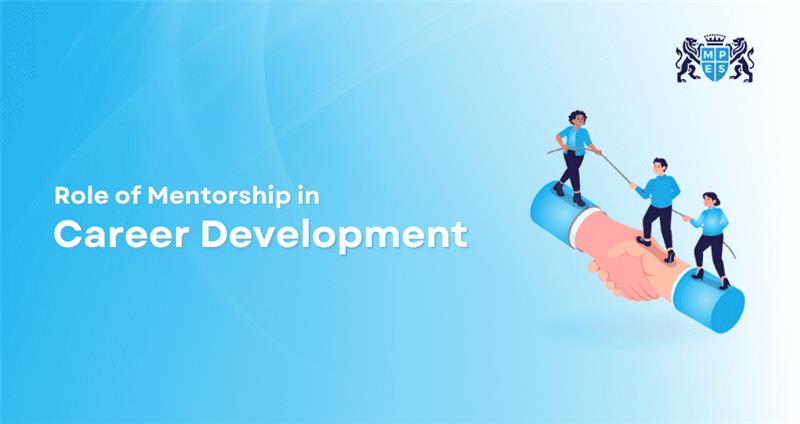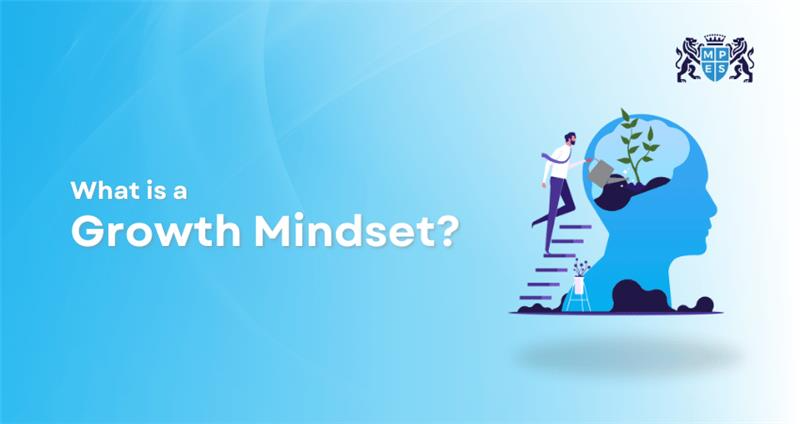Learning Options
- Online Video-Based Learning
- Flexible Schedule
- Expert Trainers with Industry Experience
- High Pass Rates
- 24/7 Personalised Support
- Interactive Learning Materials
Overview
The Certified DevOps Professional (CDOP) course provides in-depth training in DevOps methodologies, tools, and practices. Learners will gain the expertise to integrate development and operations seamlessly, automate workflows, and optimise the software delivery lifecycle. The course focuses on practical applications of DevOps tools, including CI/CD pipelines, configuration management, and monitoring practices.
In today’s competitive environment, organisations increasingly rely on DevOps to achieve faster delivery and superior quality in software development. This course equips learners with the expertise to address industry challenges, foster collaboration, and drive operational excellence.
This 2-day training, offered by MPES, combines expert-led sessions, hands-on exercises, and real-world scenarios to ensure learners are fully prepared to implement DevOps practices and earn the CDOP certification.
Course Objectives
- Understand the core principles and practices of DevOps.
- Build and manage CI/CD pipelines for streamlined delivery.
- Learn configuration management using tools like Ansible or Puppet.
- Develop skills in containerisation and orchestration with Docker and Kubernetes.
- Enhance system monitoring and logging capabilities.
- Foster a culture of collaboration between development and operations teams.
- Prepare thoroughly for the CDOP certification exam.

Average completion time
2 Month
with unlimited support
100% online
Start anytime
Study At Your Own PaceCourse Includes
Course Details
Develop your understanding of essential financial, business and management accounting techniques with ACCA Applied Knowledge. You'll learn basic business and management principles and the skills required of an accountant working in business.
Entry Requirements
Educational Background: A background in IT or software development is beneficial.
Experience: Prior experience in development, operations, or system administration is recommended.
Technical Skills: Basic knowledge of version control systems, cloud platforms, and scripting is advantageous.
MPES Support That Helps You Succeed
At MPES, we offer comprehensive support to help you succeed in your studies. With expert guidance and valuable resources, we help you stay on track throughout your course.
- MPES Learning offers dedicated support to help you succeed in Accounting and Finance courses.
- Get expert guidance from tutors available online to assist with your studies.
- Check your eligibility for exemptions with the relevant professional body before starting.
- Our supportive team is here to offer study advice and support throughout your course.
- Access a range of materials to help enhance your learning experience. These resources include practice exercises and additional reading to support your progress.
Career Growth Stories
Discover how MPES Learning transforms careers with real success stories.

Aaron Allcote

As a finance officer, MPES has been a huge help in understanding the process of recording and processing transactions from all different perspectives. The courses are very easy to follow, and the training they provide can be applied to real-life scenarios. The courses have been a huge help for me, and I would highly recommend them.
Aaron Allcote
Bob Beaumont

I completed all of my ACA studies with MPES and I think you would struggle to find a better training provider anywhere in the British Isles. MPES' tutors are excellent both at delivering training and giving individualised feedback and coaching. the supporting materials and the out of class support are also great.
Bob Beaumont
Arvy Pasanting

As a qualified accountant, studying with MPES has been very rewarding experience. Its team of passionate and dedicated mentors gave me the confidence and knowledge I needed to not just at excel in my current role as an auditor, but also inspired me to expand my horizons.
Arvy Pasanting
David Ford

I was recommended MPES after searching for a way to pursue a career in the accounting profession, I have studied with them throughout my journey utilising online learning opportunities that fit around the needs of my employer.
David Ford
Aaron Allcote

As a finance officer, MPES has been a huge help in understanding the process of recording and processing transactions from all different perspectives. The courses are very easy to follow, and the training they provide can be applied to real-life scenarios. The courses have been a huge help for me, and I would highly recommend them.
Aaron Allcote
Bob Beaumont

I completed all of my ACA studies with MPES and I think you would struggle to find a better training provider anywhere in the British Isles. MPES' tutors are excellent both at delivering training and giving individualised feedback and coaching. the supporting materials and the out of class support are also great.
Bob Beaumont
Arvy Pasanting

As a qualified accountant, studying with MPES has been very rewarding experience. Its team of passionate and dedicated mentors gave me the confidence and knowledge I needed to not just at excel in my current role as an auditor, but also inspired me to expand my horizons.
Arvy Pasanting
David Ford

I was recommended MPES after searching for a way to pursue a career in the accounting profession, I have studied with them throughout my journey utilising online learning opportunities that fit around the needs of my employer.
David FordHave Questions? We’ve Got You
If you have any questions, we’re here to help. Find the answers you need in the MPES detailed FAQ section.
Q. Do I need prior experience to take this course?
Yes, prior experience in IT, software development, or operations is recommended. Familiarity with cloud platforms and scripting will be beneficial.
Q. What tools are covered in this course?
The course covers tools like Jenkins, Docker, Kubernetes, Ansible, Puppet, Prometheus, Grafana, and cloud services such as AWS, Azure, and Google Cloud.
Q. How will this course help me in my career?
This course provides the skills to implement DevOps practices, automate processes, and streamline software delivery, boosting your professional credibility and career growth opportunities.
Q. Is this course suitable for non-technical professionals?
While a technical background is advantageous, the course is structured to accommodate learners with basic knowledge of IT and software development.
Q. Will I receive a certification upon completing the course?
You will receive a course completion certificate. To earn the CDOP certification, you must pass the certification exam, which this course prepares you for.
Related Courses
Explore additional courses designed to complement your learning journey and enhance your professional skills. Expand your knowledge with these expertly curated options tailored to your career goals.



Resources
Access a wide range of free resources to support your learning journey. From blogs to news and podcasts, these valuable guides are available at no cost to help you succeed.

What is Financial Reporting: Types, Importance and Uses Explained
Maria Thompson21-Apr-2025

Asset Disposal: Definition, Types, Methods and Examples Explained
Maria Thompson16-Apr-2025

Allowable and Disallowable Expenses in the UK: Explained in Detail
Maria Thompson09-Apr-2025

What is Human Resource Management (HRM)? Principles and Functions
Maria Thompson08-Apr-2025

Navigating Career Transitions with the 10 Steps Framework Guide
Maria Thompson28-Mar-2025

Top 15 IT Soft Skills Every Tech Professional Should Have in 2025
Maria Thompson05-Mar-2025

Trade Payables: Definition, Benefits, Tips, and Examples for Business
Maria Thompson03-Mar-2025

What is Goodwill in Accounting? Importance, Types, and Examples
Maria Thompson11-Feb-2025

Audit vs. Assurance: Definitions, Key Differences & Similarities
Maria Thompson03-Feb-2025

What is DeepSeek R1 Model, and How it Ranks Against OpenAI's o1?
Maria Thompson31-Jan-2025

What Is Cash Basis Accounting? Definition, Example and New Updates
Maria Thompson29-Jan-2025

Corporate Tax Planning: Definition, Types, Strategies, and Benefits
Maria Thompson27-Jan-2025

The Power of Resilience: Strategies to Develop Your Inner Strength
Maria Thompson23-Jan-2025

Financial Accounting vs Management Accounting: What's the Difference?
Maria Thompson22-Jan-2025

What is Corporation Tax: Deductions, Benefits, and How It Works
Maria Thompson20-Jan-2025

Role of Mentorship in Career Development: A Catalyst for Success
Maria Thompson16-Jan-2025

15 Reasons You Should Invest in Professional Development: Explained
Maria Thompson03-Jan-2025

What is Corporate Governance: Principles, Importance, and Examples
Maria Thompson23-Dec-2024

What Is Management Accounting? Types and Key Functions Explained
Maria Thompson18-Dec-2024

Accounting Secrets to Effective Budgeting: Proven Strategies for Creating Effective Budgets
Maria Thompson16-Dec-2024

Financial Accounting in a Remote Work Era: Adapting Key Practices
Maria Thompson12-Dec-2024

Future-ready Accountants: Top Certifications to Bridge Skills Gaps in 2025
Maria Thompson04-Dec-2024
 Have Any Question?
Have Any Question? info@mpeslearning.com
info@mpeslearning.com  +44 7452 122728
+44 7452 122728






 Back
Back










































